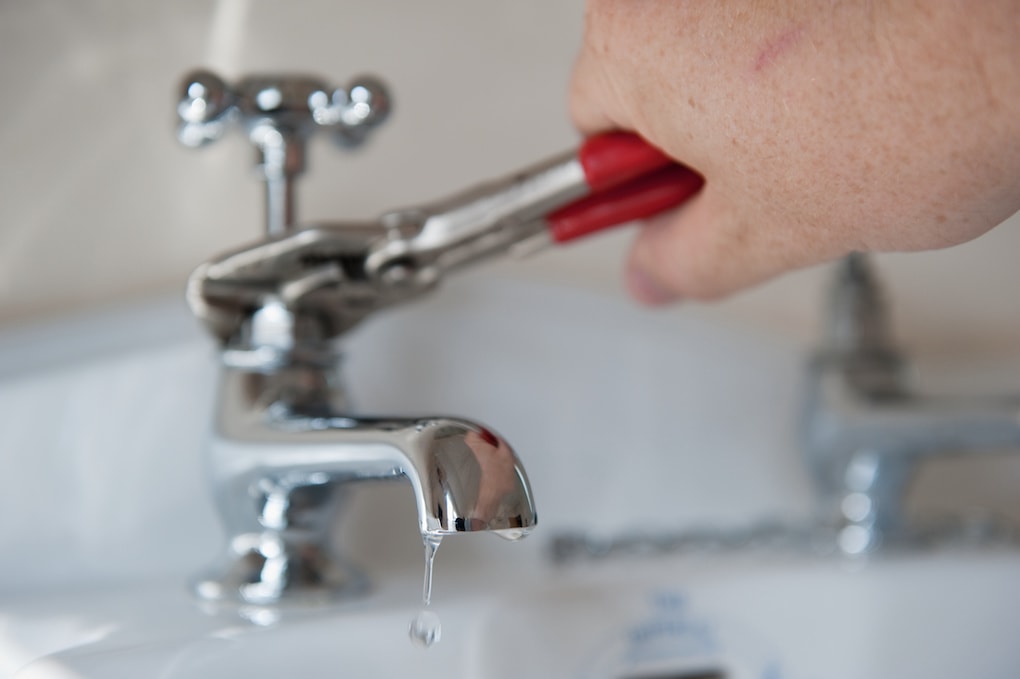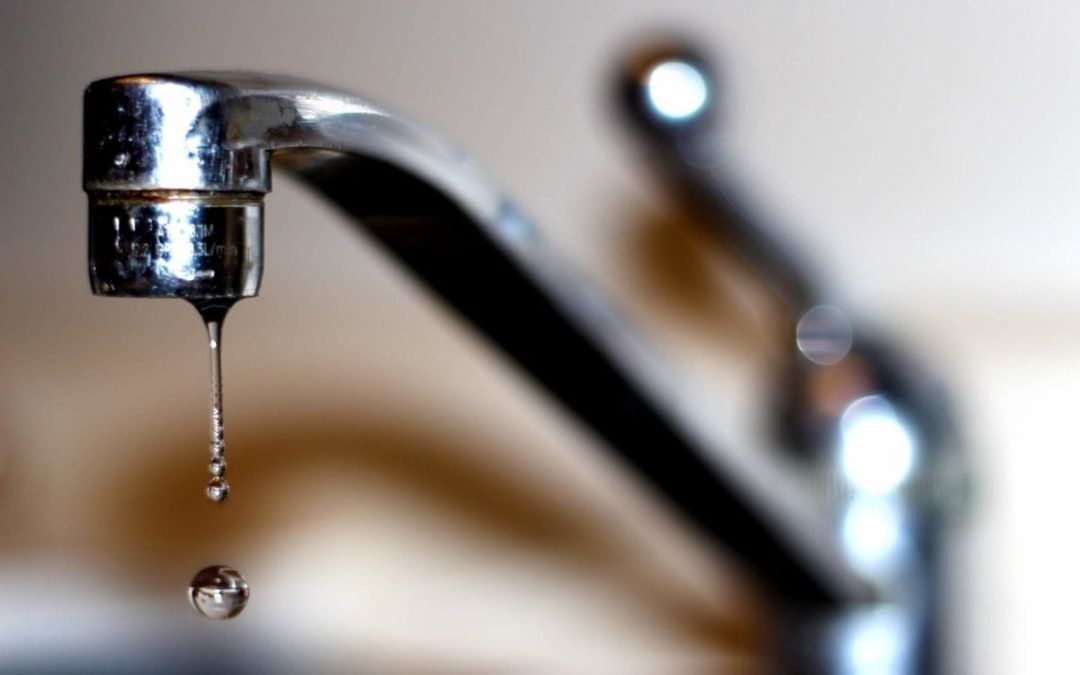Any individual has his or her own piece of advice with regards to Low Water Pressure in the House?.

Low water pressure in your house can be an irritating trouble, influencing everything from bathing to washing meals. If you're experiencing weak water circulation, there are numerous possible reasons and remedies to check out. In this overview, we'll review common reasons for low water stress and functional steps to resolve the concern effectively.
Intro to Low Tide Pressure
Low tide stress occurs when the flow of water from your taps, showers, and other fixtures is weak than typical. This can make everyday tasks extra difficult and much less effective. Comprehending the causes of low water pressure is crucial to discovering the ideal remedy.
Common Reasons For Low Water Stress
Faulty Pressure Regulators
Stress regulators are accountable for keeping regular water pressure in your home. If they malfunction, it can cause low tide pressure or unequal flow throughout your home.
Municipal Water Supply Issues
In some cases, the problem lies outside your home. Community water supply problems, such as main line leaks or maintenance work, can momentarily minimize water pressure in your location.
Pipeline Obstructions
In time, pipelines can come to be obstructed with mineral deposits, sediment, or particles, limiting the circulation of water. This is a typical concern in older homes with galvanized steel pipelines.
Deterioration
Rust within pipelines can result in leakages and decreased water pressure. Corrosion accumulation can tighten water circulation, particularly in aging plumbing systems.
How to Detect Low Tide Pressure
Inspecting Pipelines
Check visible pipelines for indicators of leaks, corrosion, or obstructions. Focus on any uncommon audios, such as banging or rattling pipes, which might show problems within the plumbing system.
Consulting with a Plumber
If you're incapable to pinpoint the source of low tide pressure, think about employing a specialist plumber to carry out a detailed evaluation. They can identify underlying problems and suggest ideal services.
Examining Taps and Fixtures
Start by checking the water stress at different faucets and components throughout your home. If the issue is isolated to specific areas, it may indicate localized issues.
DIY Solutions to Take Care Of Low Water Pressure
Flushing Hot Water Heater
Sediment buildup in the water heater can restrict flow and lower performance. Purging the container occasionally assists remove debris and preserve ideal efficiency.
Checking Stress Regulator
Guarantee that the stress regulator is working appropriately. Adjusting or replacing the regulatory authority can help recover correct water stress throughout your home.
Cleaning Aerators and Showerheads
Natural resources can build up in aerators and showerheads, reducing water flow. Eliminate and clean up these components routinely to improve water stress.
Clearing Clogs in Pipeline
For small blockages, attempt using a plumbing serpent or chemical drain cleaner to clear blockages in pipes. Be cautious when making use of chemicals and comply with safety guidelines.
When to Call a Professional Plumber
If DIY efforts stop working to deal with the problem or if you suspect significant plumbing troubles, it's finest to seek help from a certified plumber. They have the expertise and devices to address complicated issues safely and efficiently.
Preventive Measures to Keep Water Stress
Setting Up a Stress Booster
Think about installing a pressure booster pump to boost water stress in locations with regularly reduced circulation. This can be especially beneficial for multi-story homes or residential or commercial properties with high-demand fixtures.
Tracking Water Usage
Be mindful of water use routines and avoid ill-using the plumbing system. Straightforward changes, such as staggering showers and laundry lots, can aid maintain ample water stress.
Normal Upkeep
Schedule regular maintenance for your plumbing system to avoid problems such as corrosion, leaks, and obstructions. Addressing small issues early can assist stay clear of even more significant repair work later on.
Verdict
Taking care of low water stress can be discouraging, but recognizing the underlying reasons and applying proper remedies can bring back optimum flow throughout your home. Whether it's cleansing aerators, evaluating pipes, or consulting with a plumber, taking positive steps can make certain a consistent supply of water for your everyday demands.
FOUR WAYS TO FIX LOW WATER PRESSURE NOW
Turning on a shower or faucet only to find the water comes out in a sad, slow drizzle is never a good feeling. How exactly are you supposed to wash a pan or take a quick shower when it takes 10 minutes just to rinse off a little soap? The good news is that when your water pressure is bad, there's always a cause: typically one that can be easily fixed. Here are some of the most common causes of low pressure and what you can do to fix the issue:
DEBRIS AND MINERAL DEPOSIT BUILDUPS
If you notice low water pressure from just one or two of the fixtures in your house, the problem likely has to do with debris buildup. Water is full of minerals and other debris, all of which can accumulate in your pipes and on your fixtures. This can cause a blockage that affects how much water flows through. To fix this, try filling a small plastic bag with white vinegar, and use a rubber band to hang it around your showerhead or faucet. Let the head of the fixture soak for a few hours, and the vinegar should loosen the deposits.
WATER LEAKS
Leaks are another common cause of low water pressure. If water is flowing out of your plumbing through a hole or crack before it can reach your fixture, the pressure coming out of the faucet or showerhead will be lower. A plumbing professional is your best bet for finding and repairing a leak in your water supply pipes.
Leaks are another common cause of low water pressure. If water is flowing out of your plumbing through a hole or crack before it can reach your fixture, the pressure coming out of the faucet or showerhead will be lower. A plumbing professional is your best bet for finding and repairing a leak in your water supply pipes.
A VALVE ISSUE
If you have low water pressure throughout your home, check your main shut-off valve to make sure it's completely open. You may also want to see if there's a pressure-reducing valve installed. If there is, have a plumber help you adjust the settings to get the pressure you're looking for.
OTHERS USING WATER
Believe it or not, your low water pressure could be caused by your neighbors. If you notice low pressure at certain times of day, it may be because you and the people living next to you have similar schedules - when everyone is showering at the same time, the pressure will be lower in every home. Low pressure throughout the neighborhood may also be caused by an issue with your municipal water supply. If that's the case, call the supplier to see if they're working on the issue.
https://www.rotorooter.com/blog/water-leaking/low-water-pressure-fixes/

Do you really like more info about 9 Reasons for Low Water Pressure in Your House? Place a short review further down. We would be pleased to see your reactions about this write-up. Hoping that you visit us again in the future. Sharing is nice. You just don't know, you might be doing someone a favor. I recognize the value of reading our article about Low Water Pressure in the House?.
Get A Quote